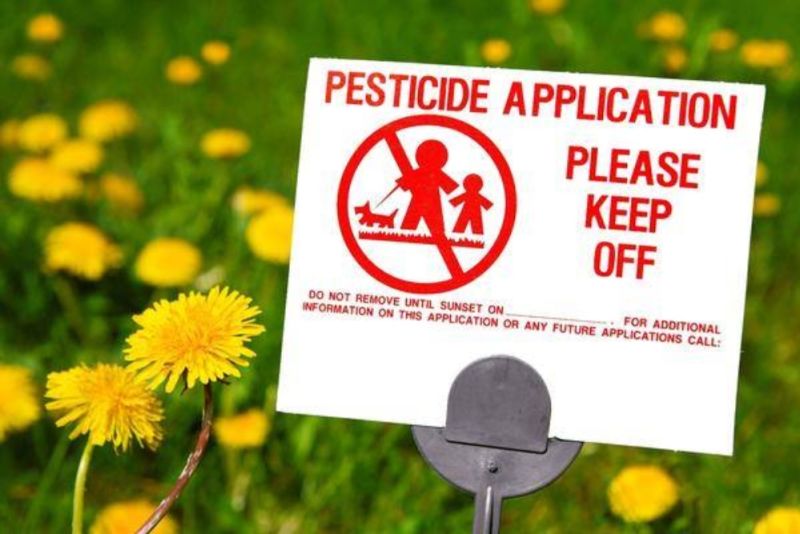Organophosphate Toxidrome
Atropine will NOT reverse the respiratory muscle paralysis - Chris Lipp

image by: Moreleta Park Animal Hospital / Diere Hospitaal
HWN Suggests
CRACKCast E163 – Pesticides
Reversal of acetylcholine excess = titrate atropine to respiratory secretions. The atropine dose for the treatment of organophosphate poisoning is 1 to 3 mg (0.05 mg/kg in children) intravenously with doubling of each subsequent dose every 5 minutes until there is control of the muscarinic effects, particularly reduction in airway secretions. Average reversal dose is typically 20-30mg Some patients need 200-500 mg of atropine in the first hour. Patients often need an atropine infusion (20% reversal dose/hour.
The second part of the treatment of organophosphate poisoning is the use of an oxime to regenerate acetylcholinesterase function… PAM
Resources
 Lightning Learning: Organophosphate Poisoning
Lightning Learning: Organophosphate Poisoning
OP irreversibly inactivates acetyl-Cholinesterase (AChE). Patients can die as a result of acute cholinergic syndrome. Features of inhibition of acetylcholinesterase are: S.L.U.D.G.E – Salivation. Lacrimation. Urination. Diarrhoea. GI upset. Emesis.
 Tox in The Land: Organophosphate Toxicity
Tox in The Land: Organophosphate Toxicity
Atropine Reverses peripheral & central muscarinic toxicity. 2-5 mg IV/IM/IO bolus (0.05 mg/kg IV in kids) with escalation. Titrate until clearing of respiratory secretions and cessation of bronchoconstriction.
Nerve Agent Information...
In the body, a nerve agent exerts its effects by inhibiting an enzyme (acetylcholinesterase), resulting in acute illness – specifically, cholinergic crisis. Organophosphorus or carbamate pesticides produce similar effects to nerve agents.
Organophosphate Poisoning
Specific Therapy: atropine: 0.02mg/kg boluses -> recurrent boluses q5min doubling the dose each time, treats bradycardia, hypotension and excess secretion production. pralidoxime chloride 30mg/kg IV -> 8mg/kg/hr: muscle weakness. benzodiazepines: midazolam 0.2mg/kg, seizures or agitation. activated charcoal if presents with 1-2 hours.
 CRACKCast E163 – Pesticides
CRACKCast E163 – Pesticides
The endpoint of atropinization is drying of respiratory secretions, easing of respiratory effort, and normalization of respiratory rate. Early and rapid atropinization is associated with better control of seizures and reduced mortality in animal models... Also, atropine will NOT reverse the respiratory muscle paralysis.
Emergency Medicine Cases
Atropine is the most important antidote to give. It should be dosed at 1-2 mg IV to start, and then given at double the dose every 5 minutes until your patient has a clear chest and is hemodynamically stable. Then start an infusion at 10-20% of the total dose of atropine given per hour.

Introducing Stitches!
Your Path to Meaningful Connections in the World of Health and Medicine
Connect, Collaborate, and Engage!
Coming Soon - Stitches, the innovative chat app from the creators of HWN. Join meaningful conversations on health and medical topics. Share text, images, and videos seamlessly. Connect directly within HWN's topic pages and articles.













